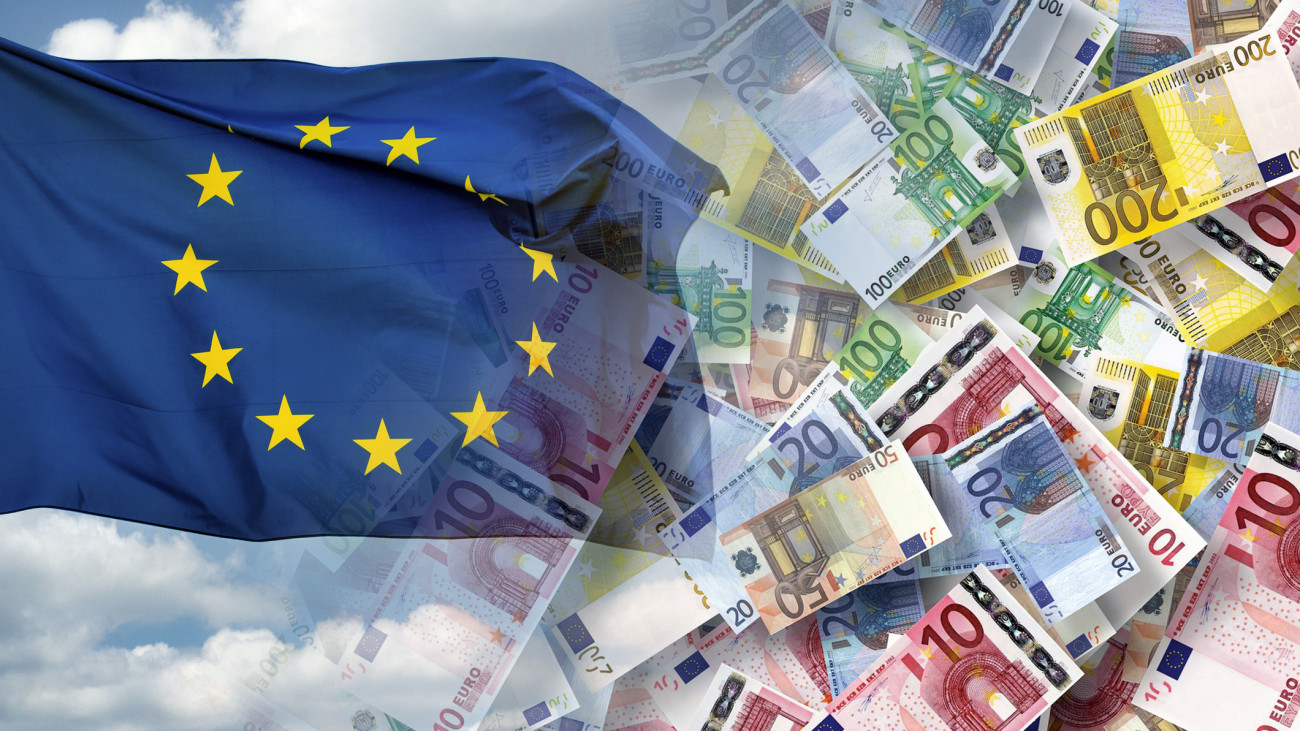A 2027-ig tartó ciklusban a magyar állam eddig 2,95 milliárd euróhoz jutott hozzá, ami az igényelhető források 13,4 százaléka, az uniós átlag azonban még ezt a szintet sem éri el.
Az Európai Bizottság adatbázisa alapján kiderült, hogy Magyarország a 2021–2027-es uniós ciklusban eddig az igényelhető források 13,4 százalékát hívta le, de az EU-s átlag még ezt az arányt sem éri el, mindössze 12,7 százalék – írja az Economx.
Összehasonlításképpen érdemes tudni, hogy 2022 végén másfél, 2023-ban 5,3, míg 2024-ban 8,4 százaléknyi fejlesztési forrást kapott meg Magyarország Brüsszelből.
Hazánknak összesen 21,99 milliárd euróhoz lehet hozzáférése az említett időszakban, ebből az összegből eddig 2,95 milliárdot hívott le a magyar állam,
amely ennek a pénznek a három százalékához előlegként jutott, a többi rész időszakos kifizetés, továbbá a megvalósuló fejlesztések során keletkezett számlák ellentételezése volt.
Az uniós források lehívási listáján Magyarország – Bulgáriával holtversenyben – a 13. a tagállamok között. A legtöbb pénzt Luxemburg (22,8 százalék) kapta meg, és Csehország (21,7 százalék), valamint Finnország (20,8 százalék) szerepel még az első háromban.
A középkelet-európai uniós országok közül az uniós források hazavitelében Csehország mellett Románia (17,1 százalék) is megelőzi Magyarországot, ugyanakkor Lengyelország (13 százalék), Szlovénia (10,5 százalék), Szlovákia (10,3 százalék), Ausztria (7,5 százalék) és Horvátország (6,6) is mögöttünk van a listán.
Az Economx is azt megvizsgálta, hogy a jelenlegi ciklus részeredményei mennyivel térnek el a korábbi időszakok számaitól. A 2014–2020-as programozási időszakban 2018-ig az EU-s átlag 24,8 százalék volt, ami majdnem a duplája a mostani ciklusban lehívott összegnek. Ami pedig Magyarországot illeti:
a mostani 13,4 százalékkal az akkori 31,4 százalék áll szemben, vagyis még nagyobb a különbség, mint az uniós átlag tekintetében.
A szeptember 22-én ismertetett augusztusi adatok szerint a nyár végéig a magyar államháztartás központi alrendszere 3025,5 milliárd forintos hiánnyal zárt. Ez az egész éves várható pénzforgalmi hiány (4774 milliárd forint) 63,4 százaléka, ami azt jelentette, hogy az időarányosnál (66,6 százalék) kedvezőbb volt az éves hiány teljesülése.

